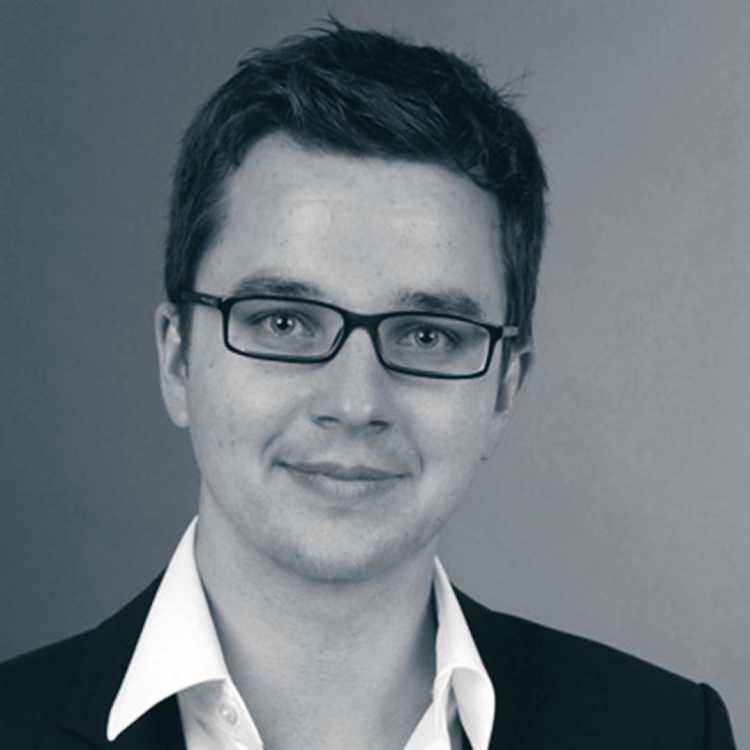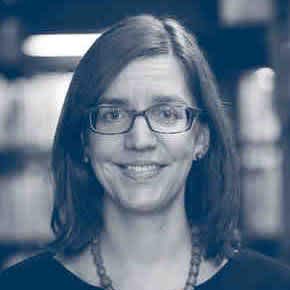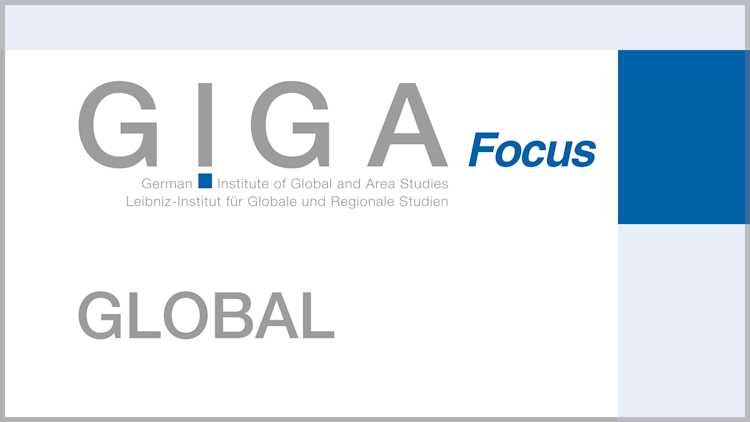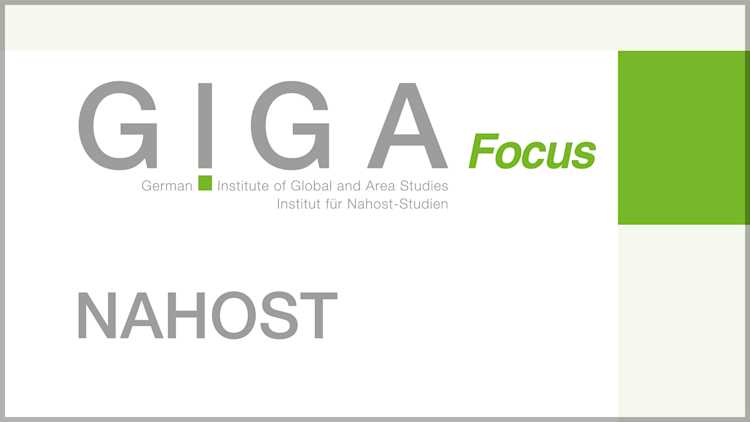- Home
- Publications
- GIGA Focus
- Mehr Engagierte, weniger Engagement? Die wachsende Komplexität internationaler Mediation
GIGA Focus Global
Mehr Engagierte, weniger Engagement? Die wachsende Komplexität internationaler Mediation
Number 9 | 2010 | ISSN: 1862-3581
Im November 2010 soll die Evaluation der Arbeit eines UN-Expertenteams vorliegen, das seit 2008 Mediatoren bei ihren Bemühungen zur friedlichen Lösung von Gewaltkonflikten mit fachlicher Expertise unterstützt. Die Ergebnisse aus der Evaluation werden zeigen, wie sich die UN die zukünftige Gestaltung internationaler Mediation vorstellt.
Analyse Seit dem Ende des Kalten Krieges werden Gewaltkonflikte vermehrt mit Hilfe von Mediationen beendet. Akteure, die sich als Mediatoren engagieren, haben sich einem grundlegenden Wandel unterzogen. Dies hat zu neuen Mechanismen geführt, welche zu einer wachsenden Komplexität von Mediationsprozessen beitragen.
Die UN ist nach wie vor die weltweit aktivste Institution im Bereich der Mediation. Sie hat in den letzten Jahren aber immer weniger Mediationen hauptverantwortlich übernommen, sondern bietet zunehmend anderen Mediatoren Beratungsdienste an.
Die Großmächte ziehen sich immer mehr aus der Mediation internationaler Gewaltkonflikte zurück: Sie begleiten und unterstützen Mediationsprozesse, beschränken aber ihr direktes Engagement auf ihre unmittelbare Nachbarschaftsregion oder ihre traditionelle Einflusssphäre.
Regionale Organisationen und Nachbarländer sind gegenwärtig die führenden Mediatoren. Aufgrund unterschiedlicher Sicherheitskulturen dominieren erstere in Europa und Afrika, während in Asien und im Nahen und Mittleren Osten meistens die Regierungen von Nachbarstaaten vermittelnd eingreifen.
Eine Reihe hochspezialisierter NGOs ist im Bereich der Mediation zunehmend aktiv geworden und war in den vergangenen Jahren an der friedlichen Beilegung mehrerer Konflikte beteiligt.
Diese wachsende Komplexität von Mediation birgt eine Reihe von Problemen: die Diffusion von Verantwortung, mangelnde Transparenz vieler Prozesse, Schwierigkeiten in der Koordination verschiedener Akteure mit teilweise konkurrierenden Zielen und die Gefahr, dass die Konfliktparteien die internationalen Mediatoren gegeneinander ausspielen.
Footnotes
Regional Institutes
Research Programmes
How to cite this article
Vüllers, Johannes, and Sandra Destradi (2010), Mehr Engagierte, weniger Engagement? Die wachsende Komplexität internationaler Mediation, GIGA Focus Global, 9, Hamburg: German Institute for Global and Area Studies (GIGA), http://nbn-resolving.de/urn:nbn:de:0168-ssoar-277048
Imprint
The GIGA Focus is an Open Access publication and can be read on the Internet and downloaded free of charge at www.giga-hamburg.de/en/publications/giga-focus. According to the conditions of the Creative-Commons license Attribution-No Derivative Works 3.0, this publication may be freely duplicated, circulated, and made accessible to the public. The particular conditions include the correct indication of the initial publication as GIGA Focus and no changes in or abbreviation of texts.
The German Institute for Global and Area Studies (GIGA) – Leibniz-Institut für Globale und Regionale Studien in Hamburg publishes the Focus series on Africa, Asia, Latin America, the Middle East and global issues. The GIGA Focus is edited and published by the GIGA. The views and opinions expressed are solely those of the authors and do not necessarily reflect those of the institute. Authors alone are responsible for the content of their articles. GIGA and the authors cannot be held liable for any errors and omissions, or for any consequences arising from the use of the information provided.






